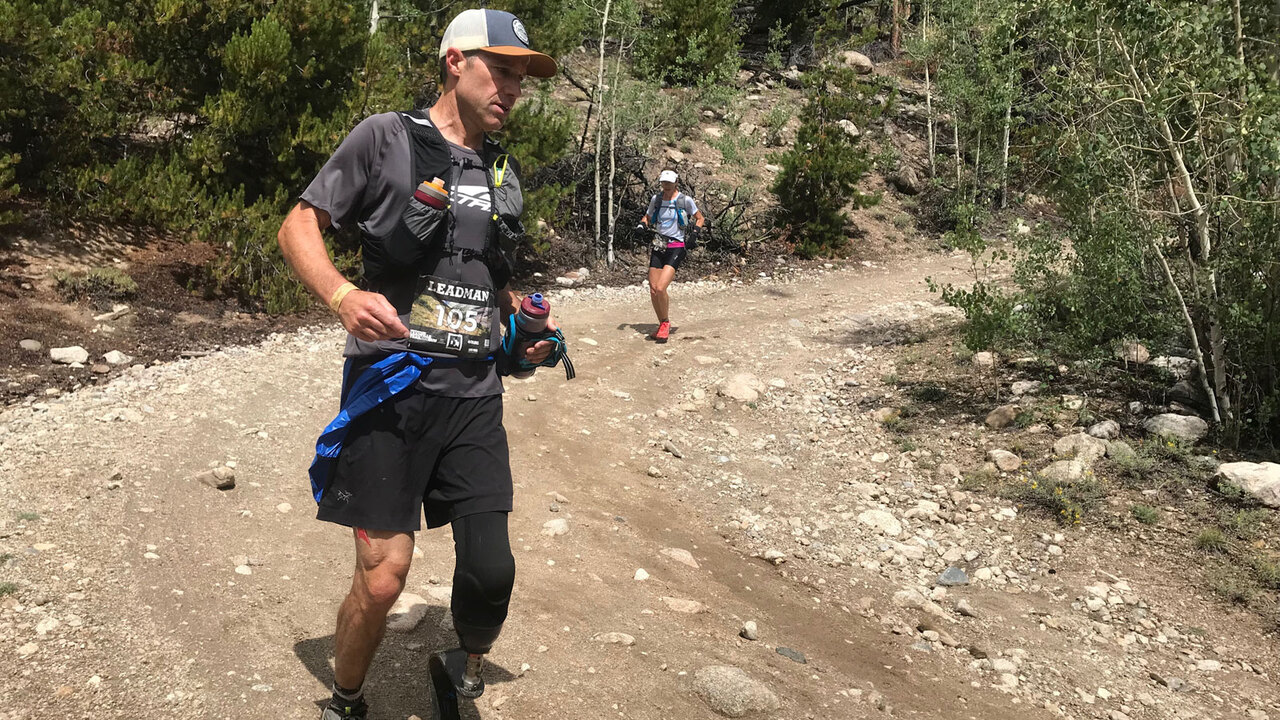Russian company RPK, together with a team of graduates from various technical universities, introduced a new electronic knee prosthesis KINEZ-1, designed for lower extremity prostheses. Doctors from the military medical academy and other institutions also took part in the development.
This knee module is based on a multicenter four-axis mechanism controlled by a microprocessor that receives data from a gyroscope and an accelerometer. The developers say its self-adjusting features can reduce the problems associated with amputation and maximize the function of the lost limb.
Intelligent control and customization of this knee module allows the user to move at different speeds, change the direction of movement, adjust the walking time and distance, just like perfectly healthy people with an active lifestyle. The KINEZ-1 is developed and manufactured in Russia and 95% of the components are produced in-country, which reduces dependency on foreign suppliers and helps reduce prosthetic queues.
This knee module is controlled via a mobile app that offers a higher level of customization, intuitive operation, battery charge and module status monitoring. The wireless connection is made using Bluetooth Low Energy 5.0. If necessary, the module can also be controlled without the use of a phone, using a special wristband that provides the same functions as the mobile application. According to information from the developers, the knee module can work for up to a week without recharging.
Serial production of the KINEZ-1 is scheduled to begin in July this year, and the product is currently being tested at a rehabilitation center near Moscow after a positive evaluation by the Moscow Enterprise of Prostheses and Orthopedics.
“KINEZ-1” is new, but not the only improved module of this type. In 2020, the Active 2 module with a microprocessor control system was introduced, and mass production of this module is scheduled to start in August 2022.
Source: Ferra
I am a professional journalist and content creator with extensive experience writing for news websites. I currently work as an author at Gadget Onus, where I specialize in covering hot news topics. My written pieces have been published on some of the biggest media outlets around the world, including The Guardian and BBC News.










